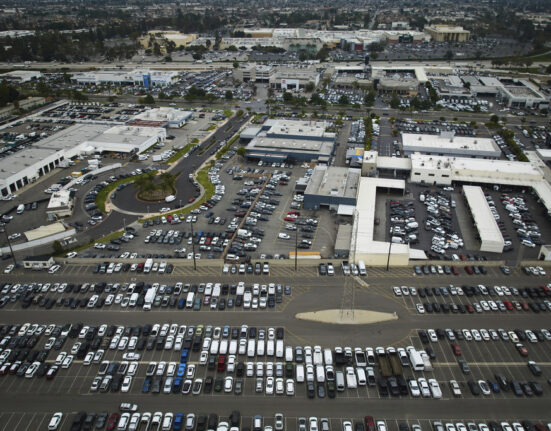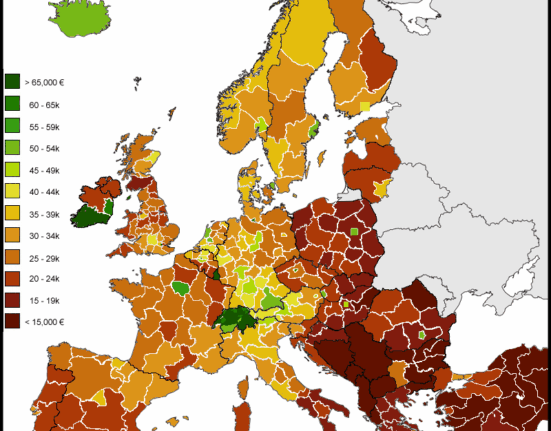Abdulsalam Musa, a 19-year-old artisanal miner in Nigeria’s Kaduna state, spends his days chiseling away at lithium-rich rocks to earn a meager income. The lure of lithium, a crucial component in electric vehicle batteries, has sparked a rush in Nigeria’s central and northern regions where abundant reserves have been discovered.
“Sometimes, the pits collapse and if someone is trapped inside, that’s his end,”
shared Musa, highlighting the dangers faced by workers like him in this burgeoning industry. Despite the risks, the surge in global demand for lithium presents an opportunity for Nigeria to capitalize on its mineral wealth and diversify its economy beyond oil.
As countries across Africa seek to harness their natural resources to alleviate poverty and drive economic growth, challenges abound. In Nigeria, efforts to formalize the lithium sector and attract foreign investment have hit roadblocks due to outdated regulations and poor enforcement. This informal economy not only hampers progress but also raises concerns about exploitation and environmental harm.
The inauguration of a lithium processing plant in Kaduna State marked a significant step towards value addition within the sector. However, a year since its opening, the plant has yet to reach full operational capacity. Local residents remain skeptical as promised benefits such as job creation and infrastructural development have failed to materialize.
The partnership between the Nigerian government and Chinese firms underscores both the potential rewards and risks associated with mining critical minerals like lithium. While these collaborations can bring investments and technological expertise, questions around transparency in the supply chain persist. The need for accountability is paramount as stakeholders navigate complex regulatory landscapes.
To address these issues, Nigeria is pushing for domestic processing of minerals before export—a strategy aimed at maximizing returns from its resources. By refining lithium locally, Nigeria hopes to command higher prices on the global market while creating job opportunities within its borders.
Despite these ambitions, challenges at grassroots levels persist. Communities hosting mining operations often bear the brunt of environmental degradation and unfulfilled promises of social development projects. Concerns over pollution from mining activities underscore the delicate balance between economic advancement and environmental sustainability.
As governments crack down on illegal mining activities to formalize the sector, questions linger about effective enforcement mechanisms.
Experts emphasize that success lies in robust implementation of regulations to curb illicit practices that undermine industry integrity.
With Africa positioned as a key player in supplying critical minerals essential for clean energy technologies like EV batteries, navigating these complexities will be crucial for sustainable growth. As nations strive to translate mineral wealth into tangible benefits for their people while safeguarding natural ecosystems—finding this equilibrium will be instrumental in shaping Africa’s role in the global energy transition landscape.









Leave feedback about this